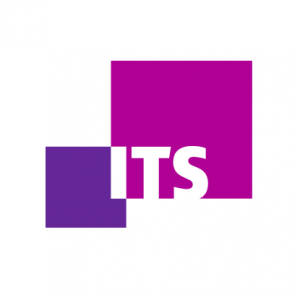Artificial Intelligence, Algorithms, Big Data and Rights
Decision-making algorithms: rights and challenges
research area
categories
theme
A substantial part of our lives is more and more affected by decisions which are not made directly by humans. From the treatment of big data, to the rise in use of artificial intelligence platforms or, yet, the growing use of algorithms made automatized decision-making possible, which deeply impacts human life.
Some of the examples of these practices are the granting of loans and of travel visas, the pricing of insurances, such as health insurances, content visualization in social media, the definition of which driver will respond to an urban transportation call, among many other activities.
It is important to understand how these dynamics involving artificial intelligence, algorithms and big data work within the legal framework of any country, besides the compliance with ethical and justice principles. These debates bring to the fore a diversity of dimensions such as the protection of personal data, transparency, auditability, responsibility among others. The effort to prevent these technologies from aggravating current social issues, such as inequalities or the rise in vulnerability of social groups, is another progressively materializing component of this discussion.
Through case studies, this project generates specialized knowledge in this matter to better understand how artificial intelligence, algorithms and big data can be ethically developed for social benefit.
One of the Institute’s activities is the promotion of multi-stakeholder discussions aiming at extracting different positions to guide public policies and private practices about the topic. From the knowledge developed in the project, it is possible to build informed decisions based on empirical foundations, promoting best practices to the positive use of these technologies. Therefore, technologies to promote social and economic development are enhanced, increasing opportunities and reducing inequalities. In that sense, the project interacts with governments, civil society, private sector, technical community and fundamental actors in this field.
The main goals of the project are to raise awareness to public and private sectors about the effects of algorithm decisions in vulnerable populations; to promote debates about public policies and best practices to protect these groups from discriminatory risk analyses led by algorithms; and encourage discussions about data governance and its application in the “big data era”.

